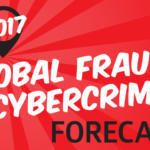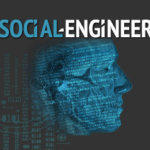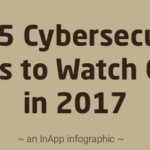No products in the cart.

Last time, I explained the growing cyber trend of hacking for a cause. In Part 2, I’d like to start with two questions for you. First, how would you finish this sentence: the Internet is… That is, how would you briefly describe the Internet, or cyberspace, or the World Wide Web?....
Author
Latest Articles
 BlogJanuary 18, 20172017 Global Fraud and Cybercrime Forecast - Explained Visually by RSA
BlogJanuary 18, 20172017 Global Fraud and Cybercrime Forecast - Explained Visually by RSA BlogJanuary 17, 2017Don’t try to master it all – just try to understand how to NOT be the low hanging fruit - Interview with Christopher Hadnagy, CEO of Social-Engineer, LLC.
BlogJanuary 17, 2017Don’t try to master it all – just try to understand how to NOT be the low hanging fruit - Interview with Christopher Hadnagy, CEO of Social-Engineer, LLC. BlogJanuary 9, 2017Top 5 Cybersecurity Threats to Watch Out for in 2017 - Infographic by InApp
BlogJanuary 9, 2017Top 5 Cybersecurity Threats to Watch Out for in 2017 - Infographic by InApp BlogJanuary 4, 2017Don't underestimate the script kiddies nowadays - Interview with Tal Argoni, Co- Founder of Triad Security
BlogJanuary 4, 2017Don't underestimate the script kiddies nowadays - Interview with Tal Argoni, Co- Founder of Triad Security
Subscribe
Login
1 Comment
Newest